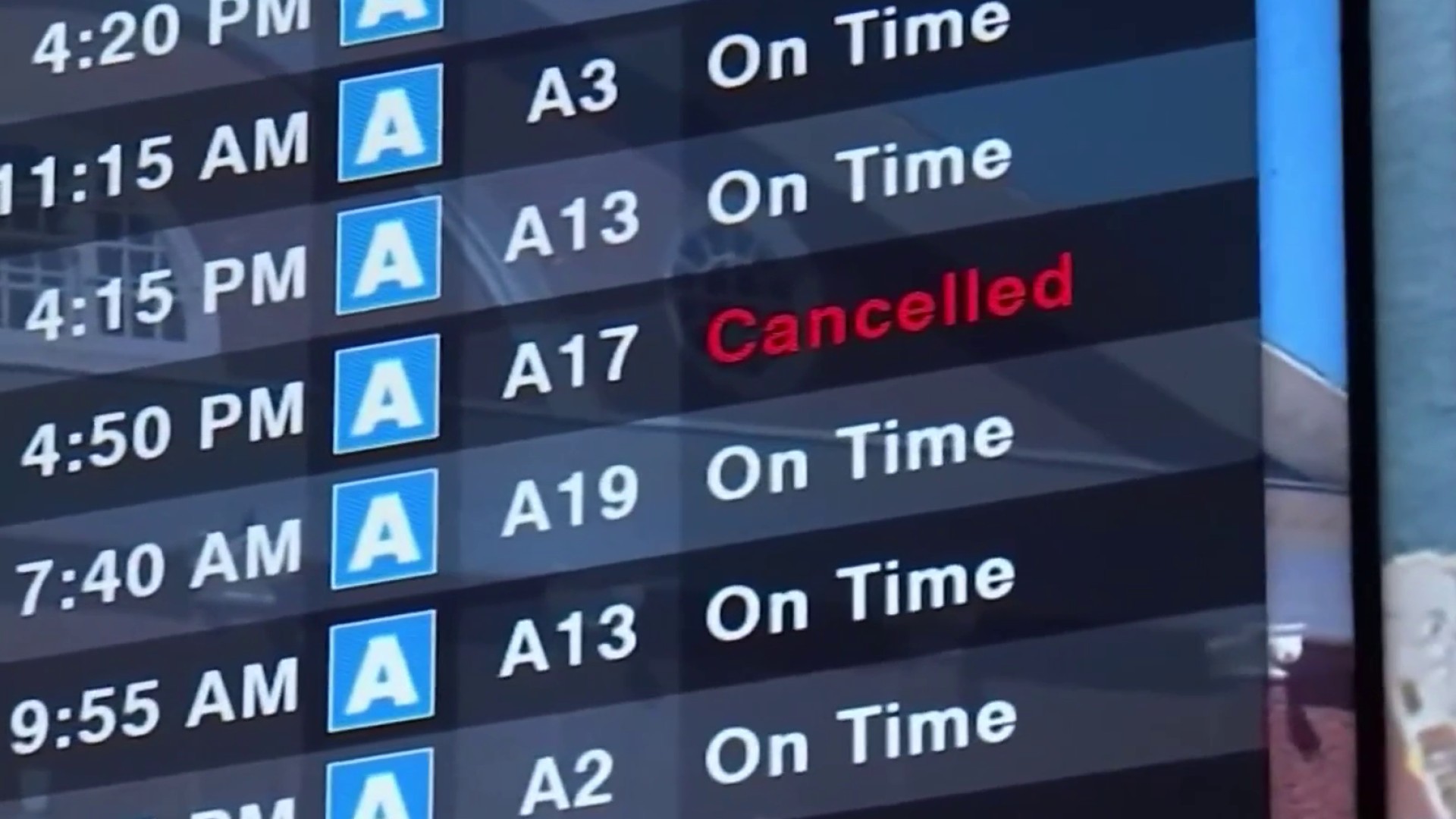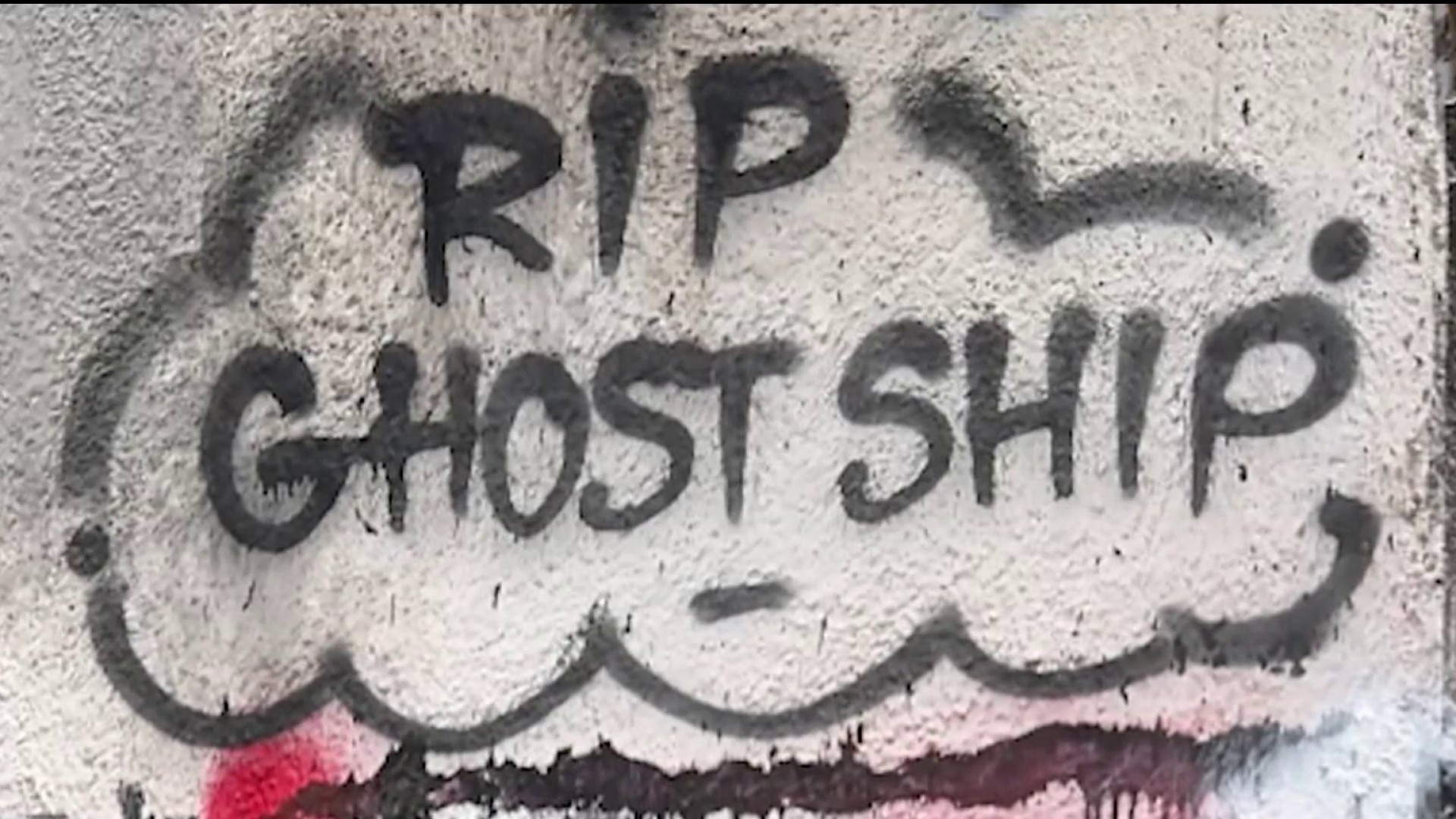What to Know
- Despite being legal in many states, cannabis is still federally outlawed
- An Obama-era compromise has federal authorities leaving states to manage cannabis enforcement if they have laws in place
- An ICE spokesperson says visiting a dispensary is unlikely to lead to trouble with immigration officials
John Casali grew up in Humboldt County, but at the age of 20, he began spending a lot of time in San Francisco — at the federal courthouse.
"I grew up around cannabis," he explained. "Ever since I was 10 years old, I would follow my mom around growing cannabis, just like zucchini in the vegetable garden."
Casali grew up during the movement that would lead to the passage of California Proposition 215, the ballot initiative that legalized cannabis for medical use across the state. It passed in 1996, while the country was in the midst of the AIDS epidemic.
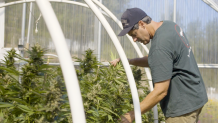
"Cannabis was the only resource available to these patients to relieve their pain, help out with their appetite," said Stuart Watts, who owns cannabis tour company Green Guide Tours.
At the time, underground cannabis buyers' clubs — like the one run by Prop 215 co-authors Dennis Peron and John Entwistle — got most of their weed from either Mexico or the small family farms in California's "Emerald Triangle" — including Huckleberry Hill Farms, where Casali grew up. In that region, visits from the feds were a common occurrence.
Local
"A blackhawk helicopter with four agents sitting out with AR-15s — that's pretty traumatic growing up as a kid to see that," Casali said.
But it wasn't until years later, when 20-year-old Casali was home by himself tending the plants, that federal agents paid him a visit and arrested him. After a four-year court battle, he was sentenced to 10 years in prison, and served 8 of them.
"They did what they did because I was breaking the law," he conceded.
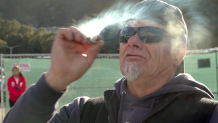
Even after medical legalization, federal sweeps continued in California — forcing the shutdown of farms and dispensaries across the state. Among the casualties, San Francisco's Vapor Room dispensary was shut down for 7 years before reopening in early 2019.
Now that California voters have legalized cannabis for adult recreational use, UC Hastings law professor Marsha Cohen says a delicate Obama-era compromise has allowed federal authorities to "look the other way" as states implement their own policies.
"States have just gone ahead and legalized something that is a violation of federal law," Cohen said. "We just have a mess. It really is, legally, just a mess."
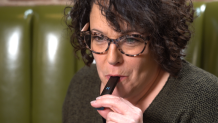
It hasn't stopped a nascent industry from moving forward with what PAX Labs vice president Jeff Brown calls "the single largest consumer packaged goods event in the last 100 years."
With more than half of U.S. states allowing some form of cannabis use, Brown says it's only a matter of time before public opinion changes enough to sway the needed votes in Congress.
"Right now, there's a lot of members (of Congress) who we think would vote for it, but they just don't want to get beat up when they get home in the next election," Brown said.
But until the federal government gives a green light to cannabis, California businesses are legally caught in the middle. Under state law, dispensaries are required to check IDs at the door, and keep a record of who walks in — which might make customers uneasy, knowing that federal authorities could later look at those records. Immigration and Customs Enforcement spokesperson Richard Rocha said those records are not likely to be used in an immigration probe.
"ICE mostly identifies people amenable for removability using information from law enforcement databases," Rocha said in a statement.
But there are other areas where the disagreement between state and federal laws has begun to cause problems. Doctors and pharmacies can't help patients get cannabis because they're licensed by federal agencies, and banks avoid doing business with dispensaries for fear of losing their federal insurance.
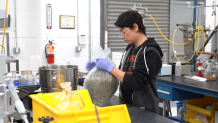
"It is really choking this industry," said Ashhok Umashankar, CEO of the Sacramento-based Guru Delivers dispensary. "If we can't take debit cards, how am I supposed to process this much cash, how am I supposed to move it out of here safely?"
The abundance of cash and weed lying around at dispensaries hasn't caused problems in San Francisco, according to the city's Office of Cannabis.
"Anecdotally, we haven't seen an increase in crime around dispensaries," said Eugene Hillman, acting director of the office.
Dispensaries are required to submit a "good neighbor policy" as part of their application for a permit to operate in San Francisco. Among those who can go to the front of the line for those coveted permits are San Franciscans who've been convicted of cannabis crimes, or were otherwise hurt by the War on Drugs.
"To give them priority is a way to kind of create a pathway for them to be successful," Hillsman said.
Casali got that pathway with help from his distributor, Flow Kana, which processes his cannabis and sells it at dispensaries like the Vapor Room that focus on products from local farms. Flow Kana works with farmers in the Emerald Triangle for whom making the transition into the legal side of the business might otherwise prove too costly.
"It was really 17 years out of my life that i gave for this plant," Casali said, pausing to choke back tears. "So it's taken on a special meaning to be a permitted farm in Humboldt County for me right now."
Like others in the business, Casali said he still worries from time to time about the possibility of renewed federal enforcement efforts, but believes the wheels of government will slowly catch up.
"Ten years from now, we're gonna look back on this and we will have made history," he said.
For an in-depth look on the evolution and history of pot culture in the Bay Area and the pioneers who fought to legalize it, watch our special documentary — Bay Area Revelations: Cannabis Rush.

